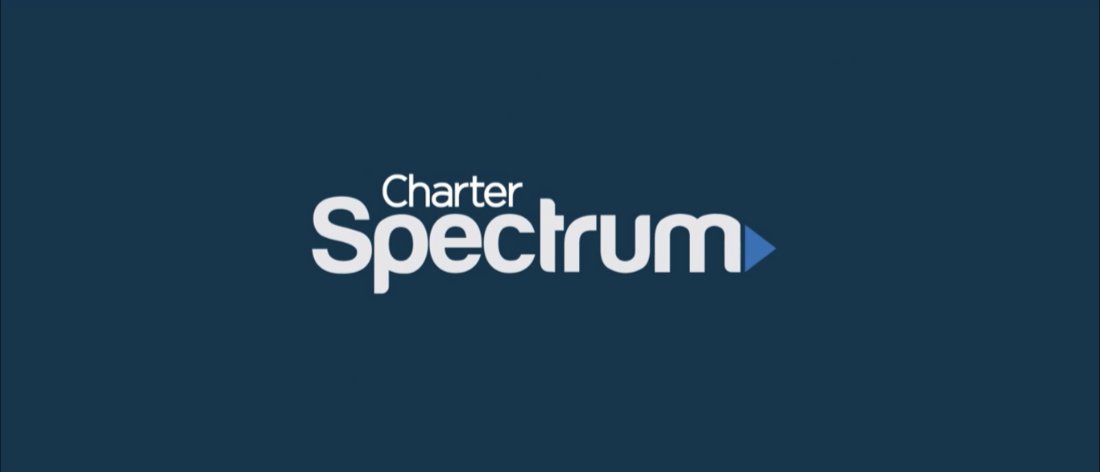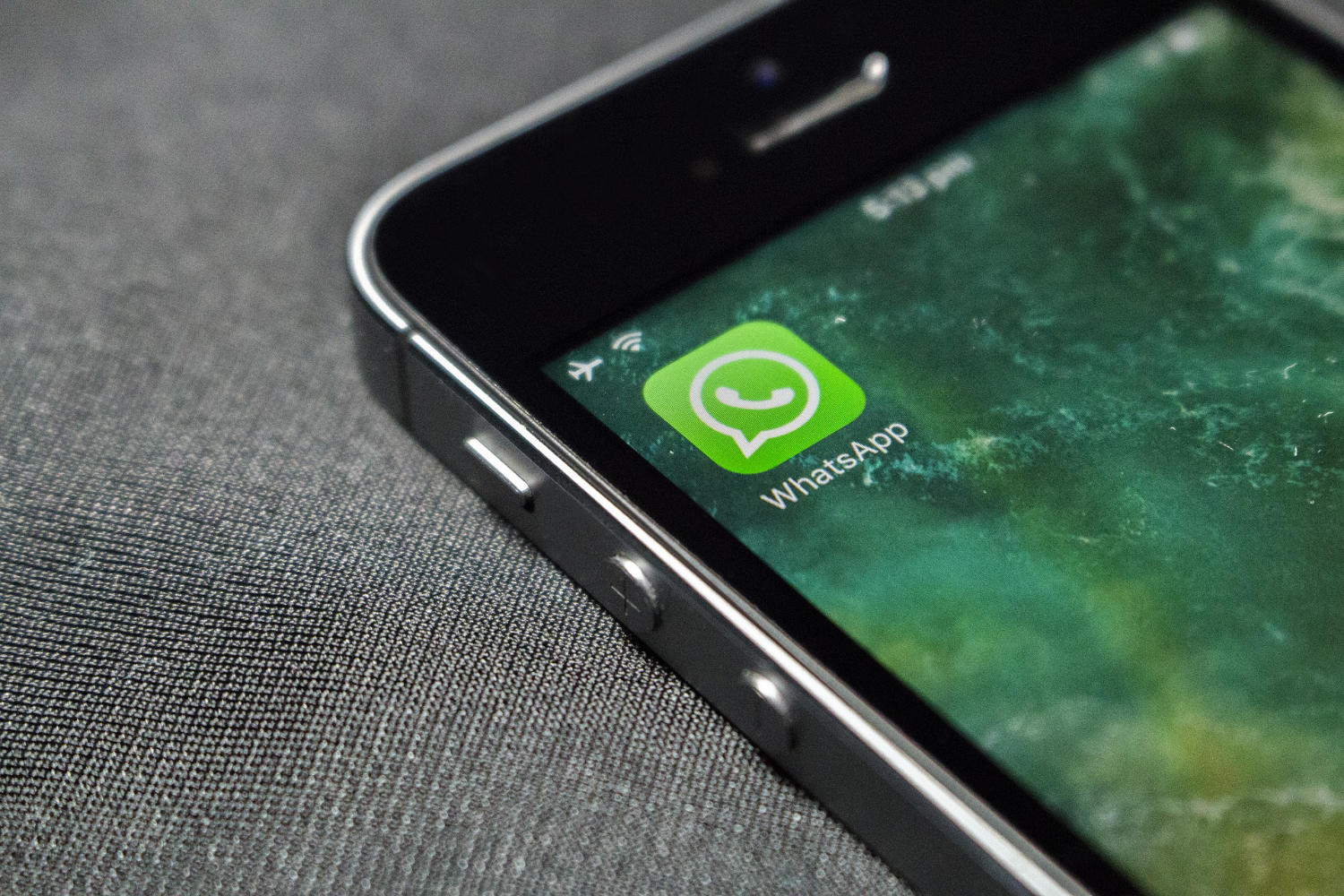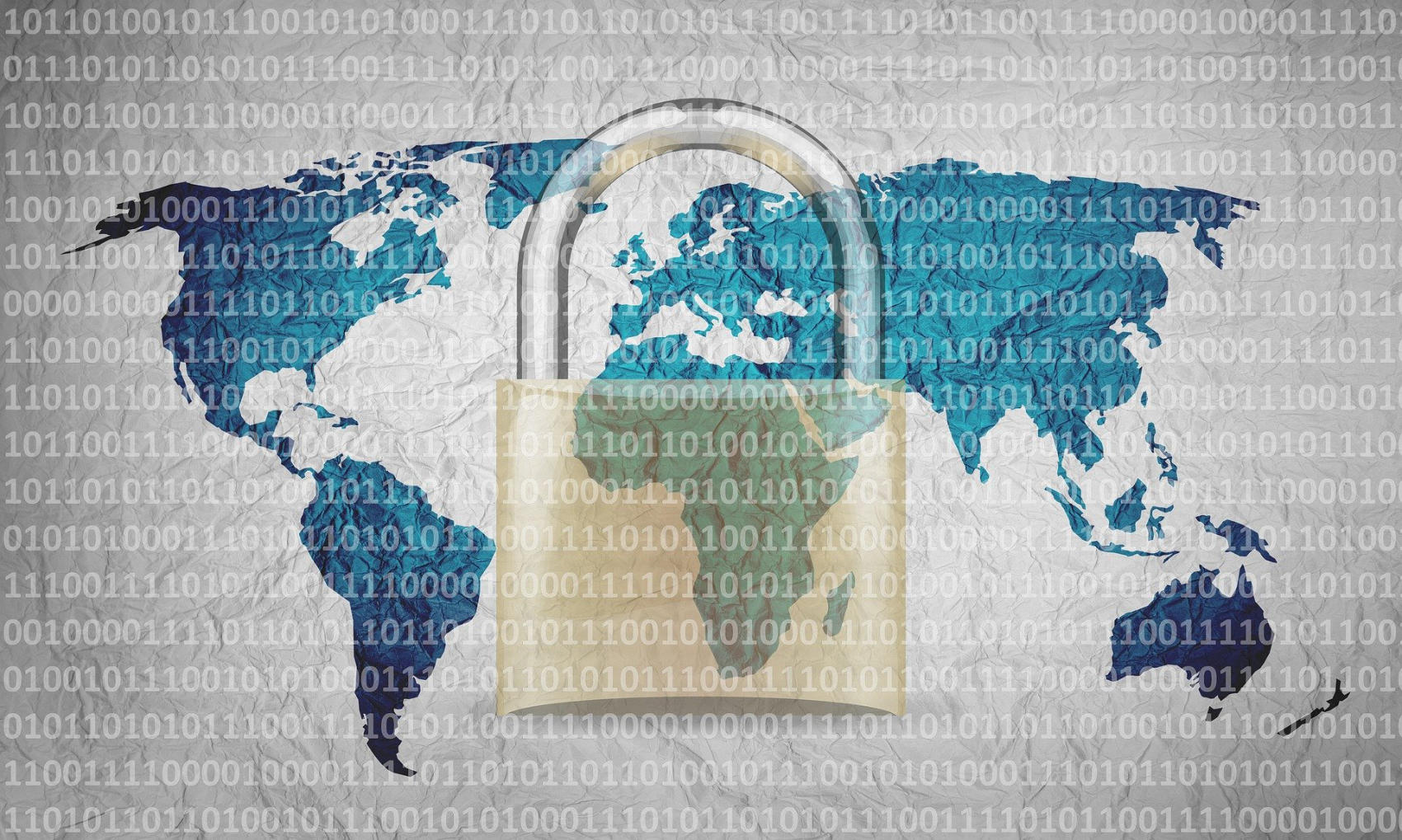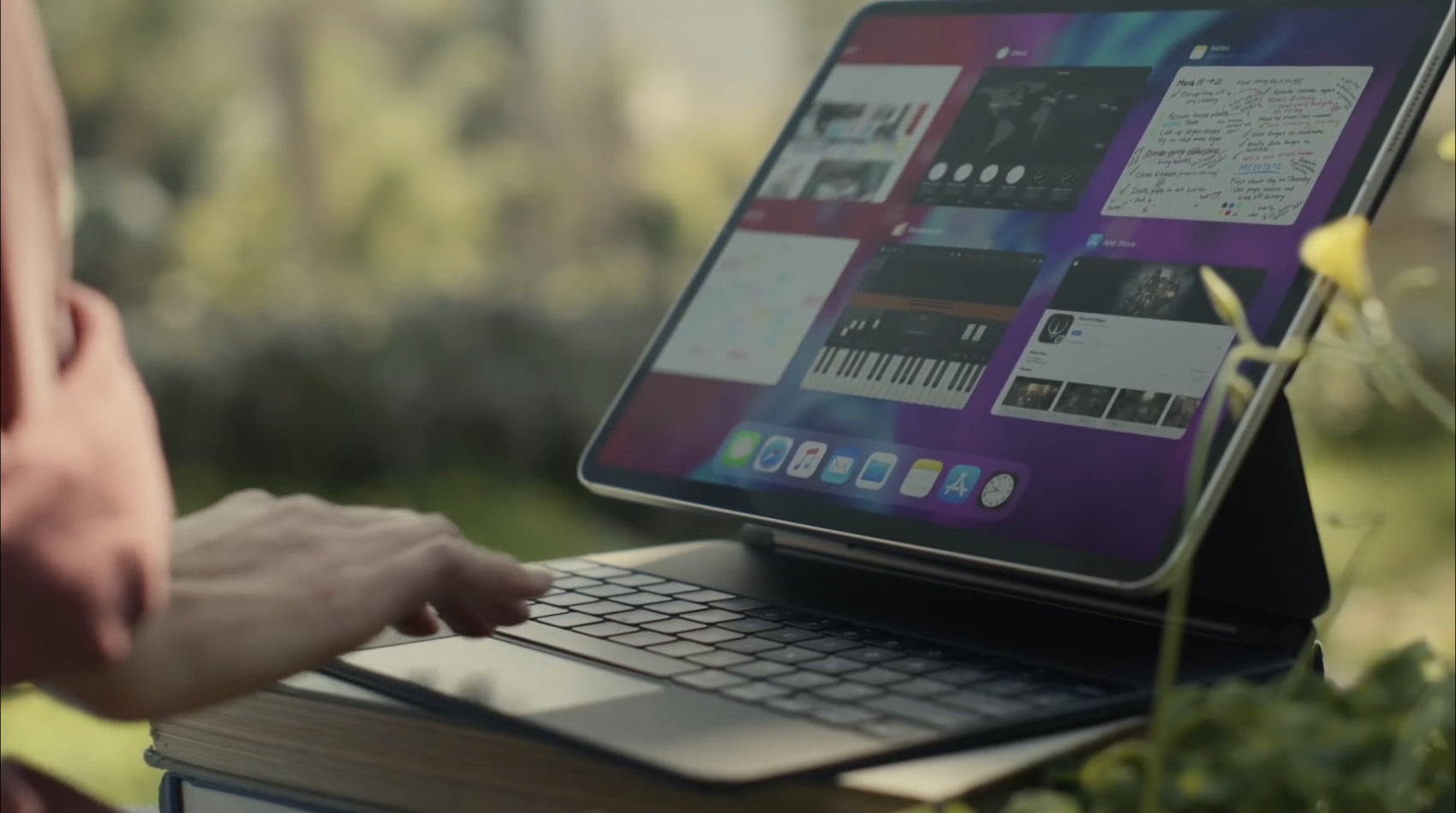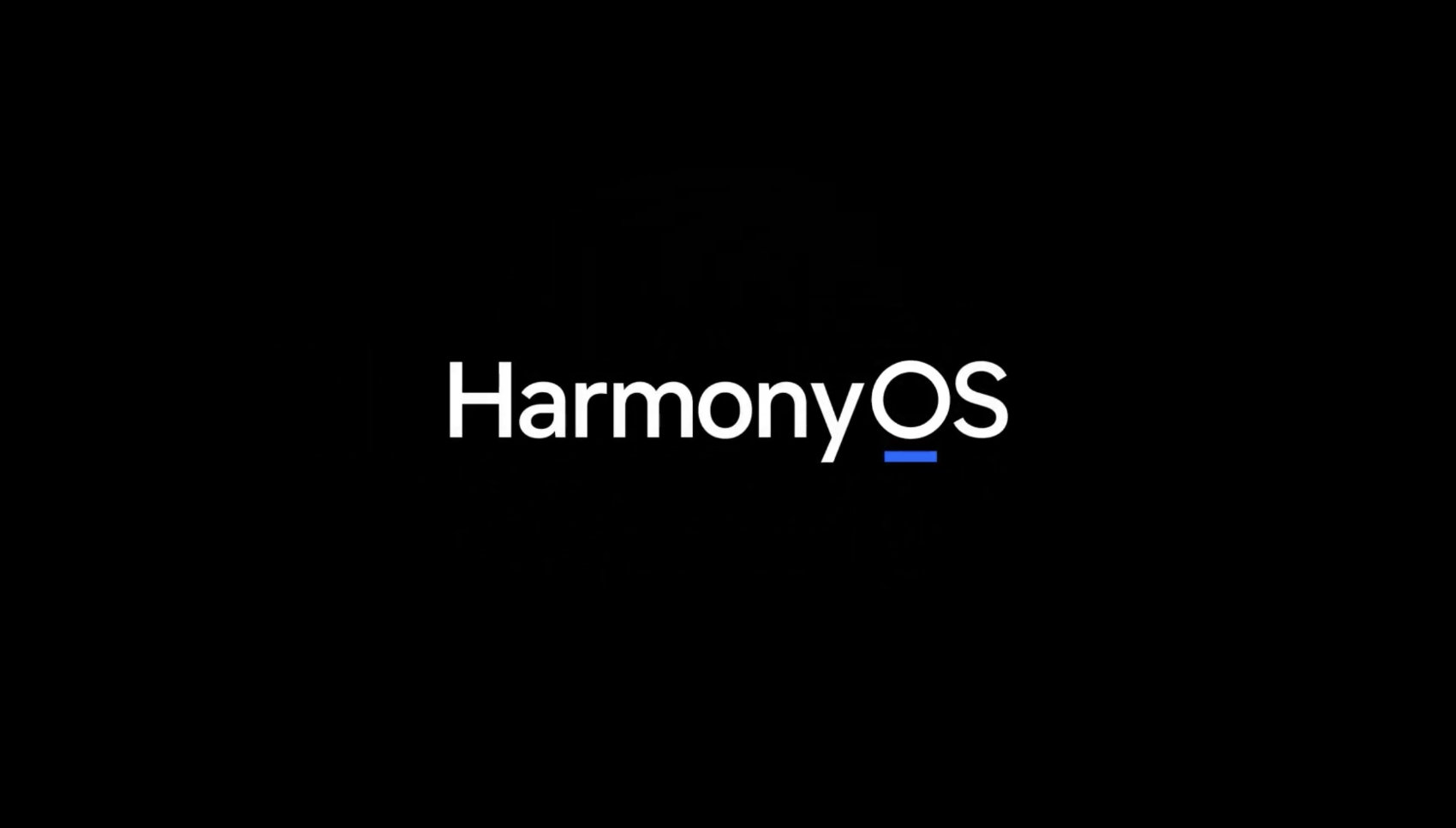A new study has shown just how much the App Store ecosystem has grown, coming in at $643 billion in 2020, a 24% increase.
While Apple’s iOS platform may lag behind Google’s Android, in terms of market share, it receives the lion’s share of money spent on mobile apps. According to an independent study by the Analysis Group, App Store sales grew 24% year over year in 2020, reaching a whopping $643 billion.
Even more impressive, the number of small developers — defined as less than 1 million downloads and less than $1 million in earnings per year — has increased 40% since 2015. In fact, small developers now make up more than 90 percent of the App Store’s ecosystem.
“Developers on the App Store prove every day that there is no more innovative, resilient, or dynamic marketplace on earth than the app economy,” says Tim Cook, Apple’s CEO. “The apps we’ve relied on through the pandemic have been life-changing in so many ways — from groceries delivered to our homes, to teaching tools for parents and educators, to an imaginative and ever-expanding universe of games and entertainment. The result isn’t just incredible apps for users: it’s jobs, it’s opportunity, and it’s untold innovation that will power global economies for many years to come.”
The study is an important validation of the App Store at a time when Apple is locked in a high-stakes legal fight with Epic over the very future of that ecosystem.




